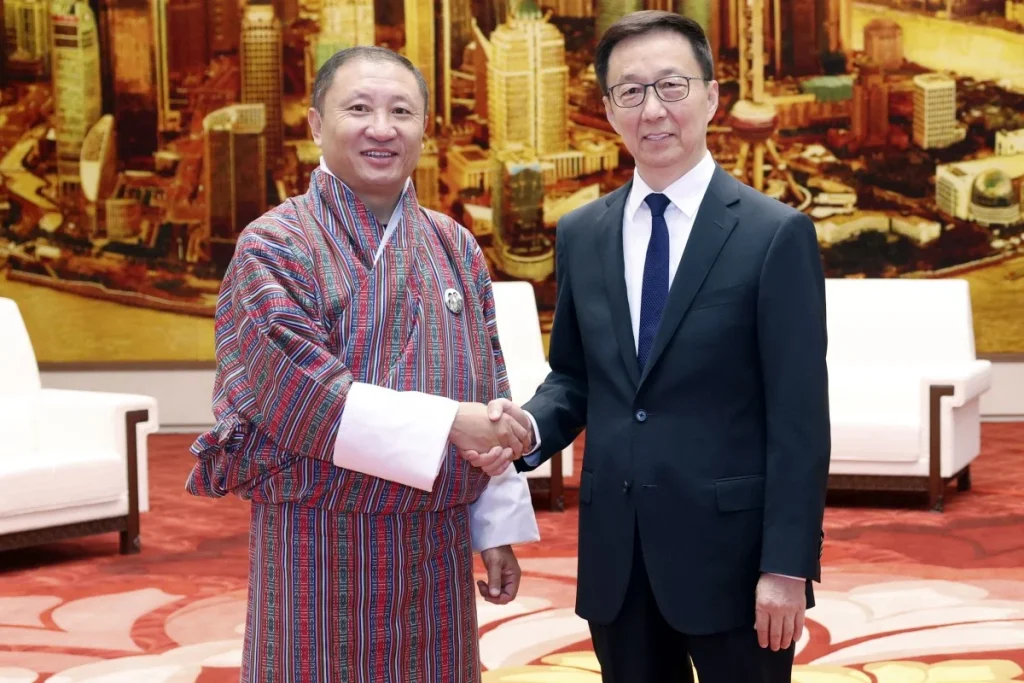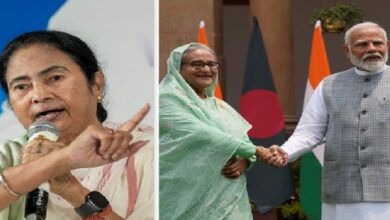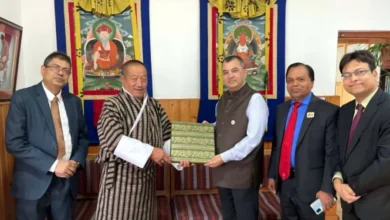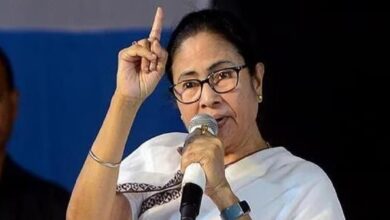Why Bhutan’s tilt towards China may ‘significantly change’ regional dynamics
Negotiations on border dispute and diplomatic ties moved forward when top diplomat visited Beijing

The first ever visit to Beijing by the top diplomat of Bhutan last week has thrust the tiny Himalayan kingdom into an uncomfortable spotlight as its neighbours vie for influence.
Sandwiched between China and India, landlocked Bhutan – known for its special ties with New Delhi – is the only country in Asia that does not have formal diplomatic relations with Beijing. It is also one of two countries with unresolved land border disputes with China, along with India.
At the heart of border negotiations between Beijing and Thimphu, which began in 1984, is the disputed tri-junction on the Doklam plateau between China, Bhutan and India – where Chinese and Indian troops had a tense 73-day stand-off in 2017.
Negotiations on the border dispute and diplomatic relations reportedly made progress during Bhutanese Foreign Minister Tandi Dorji’s visit to Beijing, the latest sign that China’s ties with one of India’s closest allies are warming, according to observers.
They said that settling the border issue – aside from raising concern in New Delhi about Bhutan’s tilt towards Beijing and China’s inroads into South Asia – could have implications for regional geopolitics, and the international system.
The first ever visit to Beijing by the top diplomat of Bhutan last week has thrust the tiny Himalayan kingdom into an uncomfortable spotlight as its neighbours vie for influence.
Sandwiched between China and India, landlocked Bhutan – known for its special ties with New Delhi – is the only country in Asia that does not have formal diplomatic relations with Beijing. It is also one of two countries with unresolved land border disputes with China, along with India.
At the heart of border negotiations between Beijing and Thimphu, which began in 1984, is the disputed tri-junction on the Doklam plateau between China, Bhutan and India – where Chinese and Indian troops had a tense 73-day stand-off in 2017.
Negotiations on the border dispute and diplomatic relations reportedly made progress during Bhutanese Foreign Minister Tandi Dorji’s visit to Beijing, the latest sign that China’s ties with one of India’s closest allies are warming, according to observers.
They said that settling the border issue – aside from raising concern in New Delhi about Bhutan’s tilt towards Beijing and China’s inroads into South Asia – could have implications for regional geopolitics, and the international system.
Dorji appeared to get a warm reception last week when he visited Beijing for the first official boundary talks in seven years. He met Vice-President Han Zheng and Foreign Minister Wang Yi and was given a tour of historical landmarks in the capital, according to China’s foreign ministry.
In what Chinese experts called “a breakthrough”, the two sides signed a cooperation agreement on the responsibility and functions of a technical team for the delimitation and demarcation of the boundary and agreed to “build on the positive momentum”.
The official Xinhua news agency said both sides agreed to accelerate the demarcation process and the establishment of diplomatic relations.
Dorji appeared to get a warm reception last week when he visited Beijing for the first official boundary talks in seven years. He met Vice-President Han Zheng and Foreign Minister Wang Yi and was given a tour of historical landmarks in the capital, according to China’s foreign ministry.
In what Chinese experts called “a breakthrough”, the two sides signed a cooperation agreement on the responsibility and functions of a technical team for the delimitation and demarcation of the boundary and agreed to “build on the positive momentum”.
The official Xinhua news agency said both sides agreed to accelerate the demarcation process and the establishment of diplomatic relations.




